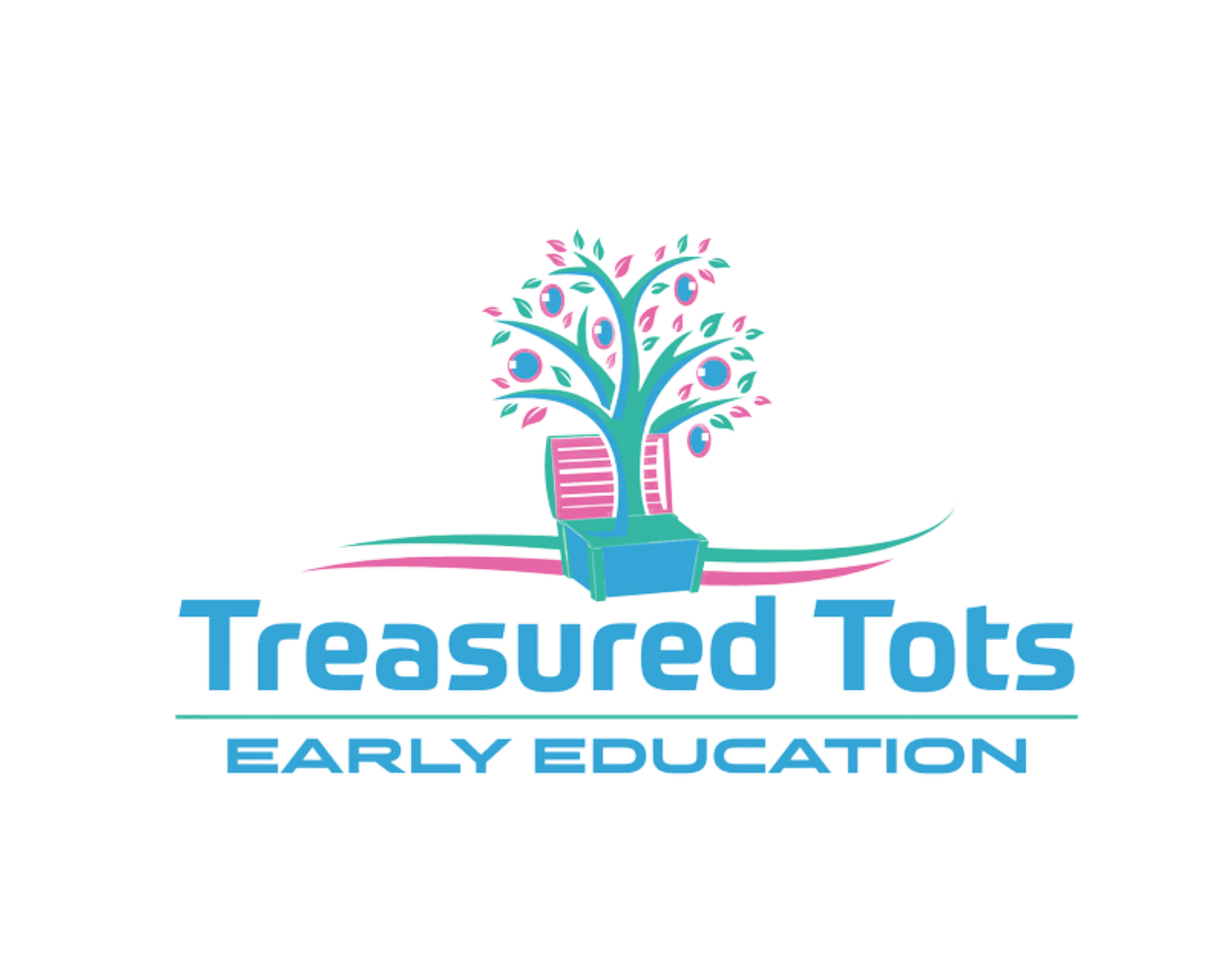The Collaborative Classroom: How Reggio Emilia Fosters Community and Connection.
One significant aspect of the Reggio Emilia method is the importance of community and interaction. As gregarious creatures, humans need connection with others and this is mirrored in the approach’s famous quote that says, “It takes a village to raise a child”.
This refers to the importance of family and community, along with the belief that educators, caregivers and the wider circle of a child’s contacts all play a role. And who doesn’t want their child to develop close bonds with those around them?
Connection with others is vital, helping to foster great mental and physical health. The whole ethos of Reggio Emilia promotes this, providing children with the landscape necessary to integrate with others. The building blocks of social skills are laid from the youngest age. These include crucial learning curves, such as:
Understanding and regulating emotions.
Recognising emotions in others.
Honing communication skills, both verbal and non-verbal.
Learning to deal with disappointment.
Respecting others.
Learning about teamwork.
The Reggio Approach to Social Interaction
Everything about this method of early childhood education is about empowering children. If your child returns home excited to tell you about what they’ve done today, who they’ve done it with and a never-ending barrage of questions that have been instigated by today’s activities well… That’s a fab sign that they’re learning key social skills.
The approach is also extremely effective for the child who might not be so outgoing. Shyness is common in children, but especially in the crucial first few years when they’re learning about the world around them and their place within it.
Educators provide personalities of all kinds with open-ended opportunities to foster social skills. There’s nothing better than activities that pique a child’s interest to encourage connections with their peers. And it’s from these that the crucial learning aspects of social etiquette begin to be formed.
Enthusiasm is Contagious
One of the unique elements of early Reggio Emilia learning is that children are given multiple tools that promote curiosity. Enter such a learning space and you’ll be welcomed by carefully curated, light, airy spaces filled with a host of fun items that children will be just itching to get their hands on… It’s about as far from a bland, soulless classroom as you can get. Because, let’s be honest, what’s interesting about plastic furniture, regimental tables or insipid décor…?
Instead, you’ll find elements, such as:
Lots of different natural materials: From wooden furniture to dressing-up clothes, Mother Nature’s art tools (shells, sticks, pebbles, natural fabrics etc) are there for children to use in any way they choose.
Proudly displayed, ongoing projects: On subjects decided upon by the children—often a single child who expresses a wish to explore something, which initiates interest from others and, voila! Communication and social skills learning spring into action… Many such projects last weeks or even months, as and when the children decide they want to work on them.
The atelier: A dedicated artistic area filled with creative materials. This is a place to paint, to draw, to make collages, to form clay into animals… You get the picture.
Outside space: Such as a nature garden, perhaps a vegetable plot, a grassy play area, bug houses…
A chill-out zone: A soft, comfortable area where children can take some time out, have a nap or cosy up with their peers for storytime.
Musical instruments: What child doesn’t love making a noise? Whether it’s banging on a drum, bonging a chime bell, the tinkle of a triangle or, in true Reggio Emilia fashion, making their own instruments from other materials, the power of music is and has always been an influence that brings people together.
This is just an overview of how the approach provides the right environment to help little ones build key social skills. No two classrooms are the same – mainly because it’s the children within that create their unique stamp on the space.
The benefits of honing these skills extend way beyond the early years. Great social communication impacts every part of life. From making friends at school to navigating interviews for colleges and employment, right through to a person’s later life where it’s proven that great social interaction leads to better physical and mental health, it all starts and builds on the skills that are learned during a child’s formative years.
At Treasured Tots, both our Kindergarten and early years learning are focused on helping children build their vital social skills. Our happy learning spaces have been carefully curated to provide your most precious members of the family with the right environment to nurture and collaborate with staff and other children. And with seven locations in and around Perth and the suburbs, there’s always a Treasured Tots in easy reach.
Book a tour today and come and see our team in action.

